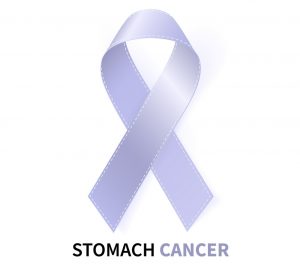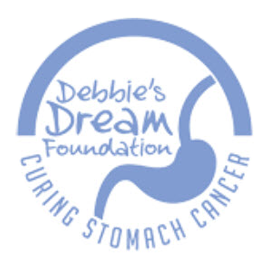Alabama Stories

Alabama Stories
Jessica Sasser – Helena In 1994, I lost my mother to lobular breast cancer, and as I moved into adulthood, doctors recommended genetic testing. Initially, in 2007, I was only tested for BRCA because no one knew to connect my mom’s breast cancer with a mysterious stomach ailment that had plagued her family. I breathed a sigh of relief when my BRCA test came back negative, but in 2016 I was referred for additional testing and discovered I did indeed carry a mutation of my CDH1 gene. I discovered this genetic flaw led did in fact, lead to an over 50% chance of developing lobular breast cancer. It also meant I had an 83% risk of developing Hereditary Diffuse Gastric Cancer (HDGC), a form of stomach cancer almost impossible to detect until it’s too late. At this time, we found out my sister, Nicole McDonald also carried this same mutation. So, what were our options since we knew we were marked for a deadly form of gastric cancer? We could chance it and try to monitor through endoscopy with biopsies every six months knowing that surveillance was far from reliable for this form of cancer, or we could completely remove our stomachs through a prophylactic total gastrectomy. Weighing all the options, each of us’s best decision was to undergo surgery and live our life missing a vital organ. On May 24, 2016, about 6 hours apart, my sister and I underwent surgery. We would later learn that even though biopsies a month prior showed no signs of cancer, pathology of our stomachs afterward revealed we both had stage 1 HDGC. The past 4 years have been filled with ups and downs, including a complicated 10 months post op that almost took my life. I live with a “new normal.” While people who don’t know my story would never guess that I am missing a stomach, there are struggles that no one sees or understands every day. And while I personally no longer must worry about the threat of stomach cancer, I have a huge reason for advocating: my 7-year-old son, Anderson. You see, my mutation is hereditary, and there is a 50% chance that my little boy also carries this mutation. When the time comes in 10 years or so, my hope is that science has advanced so far that he can take preventative medication or that enhanced screening is available that would allow him to be effectively monitored. Aside from my son, gastric cancer is the third leading cause of cancer deaths worldwide, incidences of gastric cancers in young adults are on the rise, we are at a critical point where research must step up to meet a pressing need. I believe answers to combat this deadly disease are out there, and it is up to us to push for the funding and research to make those answers a reality.
